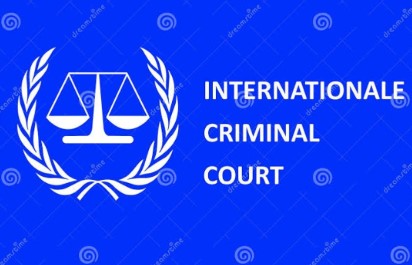
ICC Raises Alarm Over Hungary’s Decision to Withdraw Amid Netanyahu Visit
- World News
- April 4, 2025
- No Comment
ICC Raises Alarm Over Hungary’s Decision to Withdraw Amid Netanyahu Visit
The International Criminal Court (ICC) has expressed deep concern following Hungary’s announcement of its intention to withdraw from the Court’s jurisdiction, coinciding with a high-profile visit from Israeli Prime Minister Benjamin Netanyahu to Budapest.
In a formal letter addressed to Hungarian officials on Thursday, the ICC presidency urged Hungary to reconsider its stance and remain committed to the Rome Statute — the founding treaty that underpins the Court’s mission to prosecute crimes against humanity, war crimes, and genocide.
Hungarian Prime Minister Viktor Orbán announced the planned withdrawal shortly after hosting Netanyahu with full military honors in Budapest’s historic Castle District. The ceremony, marked by a grand display of military pageantry, came as Netanyahu faces an active ICC arrest warrant issued in connection with alleged crimes committed during the Gaza conflict.
Orbán’s Chief of Staff, Gergely Gulyás, confirmed that the government had initiated the formal procedure to exit the ICC. The process, according to international law, may take up to a year to finalize.
Later in the day, Orbán described the ICC as “a political court,” implying the decision was rooted in skepticism over the Court’s impartiality and its recent legal actions against Israeli leaders.
The ICC, headquartered in The Hague, issued arrest warrants for both Prime Minister Netanyahu and former Israeli Defense Minister Yoav Gallant, citing credible evidence of alleged crimes against humanity linked to the ongoing war in Gaza.
The move by Hungary has sparked debate across Europe and raised concerns within international legal circles. Legal experts and human rights organizations have warned that Hungary’s withdrawal could undermine international efforts to uphold accountability for grave crimes and set a troubling precedent for other member states.
The ICC has reiterated the importance of member nations maintaining their obligations under international law, especially in an increasingly complex global landscape where civilian populations remain vulnerable to large-scale conflicts.







